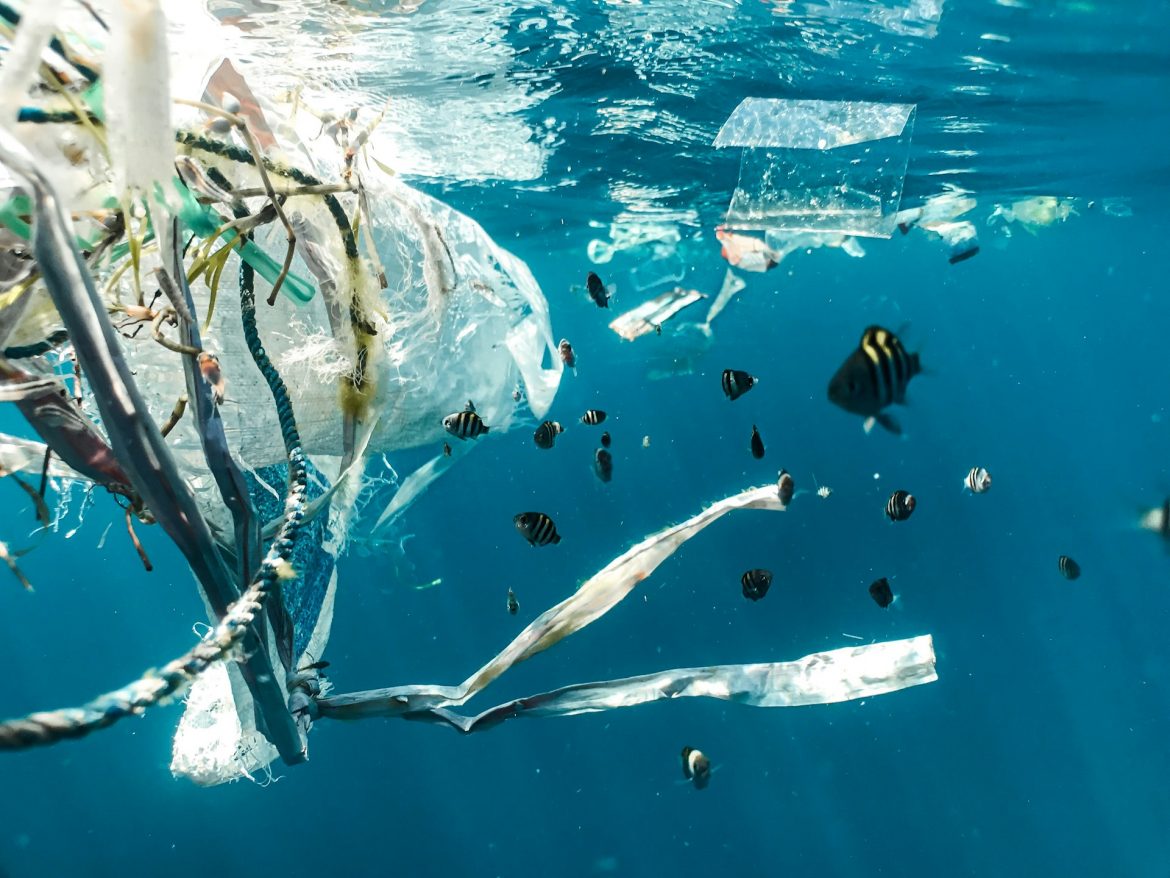The Growing Concern
The world is facing a critical challenge with plastic pollution. Every year, millions of tons of plastic waste end up in our oceans, landscapes, and even our food chain. While recycling has been the go-to solution, it’s clear that we need to do more. This blog explores innovative solutions and initiatives that go beyond traditional recycling to tackle the plastic pollution crisis.
Reducing Single-Use Plastics
One of the first steps in combating plastic pollution is reducing our reliance on single-use plastics. Items like plastic bags, straws, and cutlery are used for a few minutes but can linger in the environment for centuries. Companies like EcoTensil are leading the way by creating eco-friendly, biodegradable utensils, offering a sustainable alternative to single-use plastic cutlery.
Innovative Packaging Solutions
Packaging contributes significantly to plastic waste. However, several companies are rethinking packaging, using biodegradable and compostable materials. Notpla is a pioneering brand that has developed an edible water pod, eliminating the need for plastic bottles at events. Their innovative approach to packaging is a game-changer in reducing plastic waste.
Supporting Plastic Alternatives
The search for durable, eco-friendly materials has led to the discovery of innovative plastic alternatives. Mushroom Materials, developed by Ecovative Design, use mycelium, the root structure of mushrooms, to create a compostable, biodegradable material that can replace plastic in packaging and insulation.
Circular Economy Initiatives
Moving towards a circular economy, where products are designed to be reused, repaired, and recycled, is crucial. Companies like Loop are pioneering this approach by offering a platform where consumers can buy products in reusable containers that are then collected, cleaned, and reused, drastically reducing plastic waste.
Community and Policy Actions
Beyond individual companies, community actions and government policies play a vital role. Initiatives like beach clean-ups and educational programs raise awareness and encourage responsible consumption. Moreover, policies that ban single-use plastics and promote sustainable alternatives are essential in driving systemic change.
Conclusion
The plastic pollution crisis requires a multifaceted approach that goes beyond recycling. By supporting innovative solutions and adopting sustainable practices, we can mitigate the impact of plastic pollution on our planet. It’s a collective effort that involves businesses, communities, and individuals working together towards a more sustainable future.
